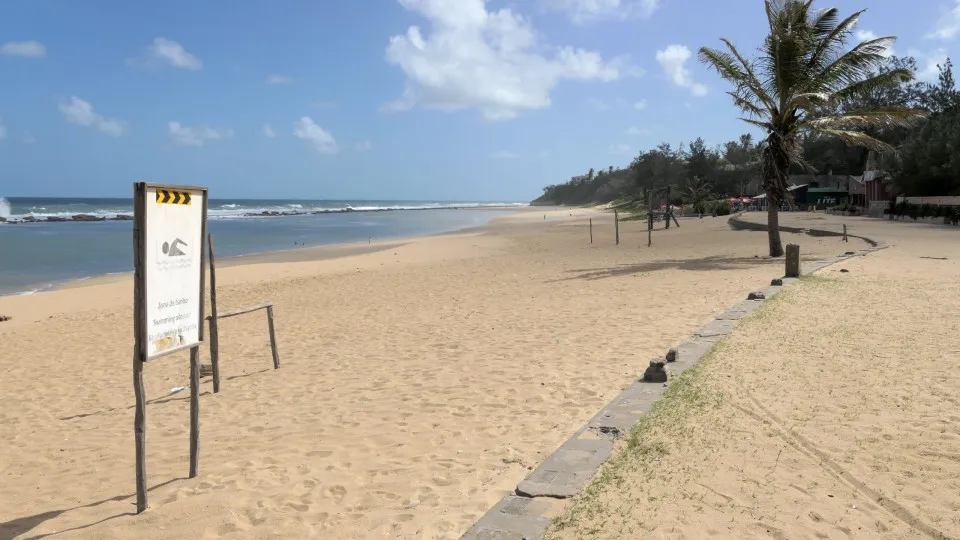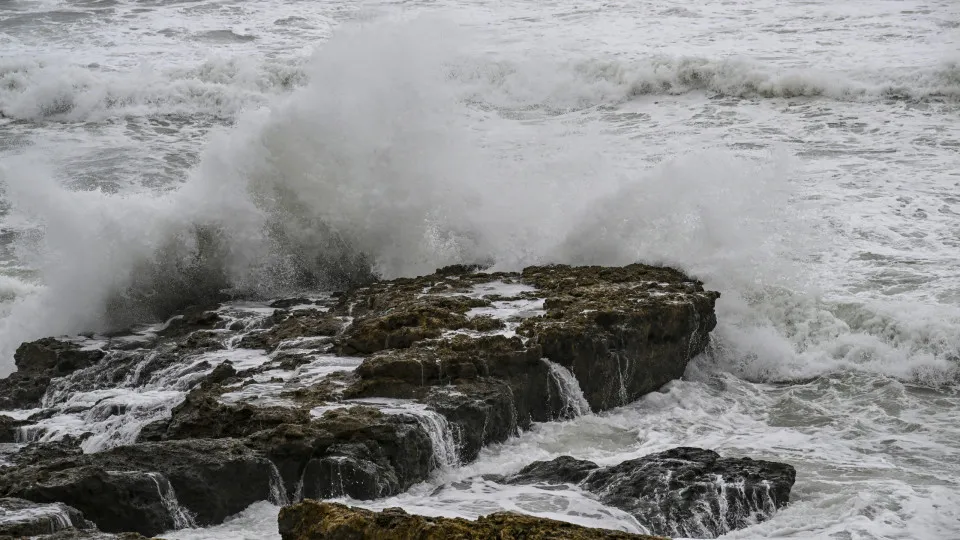
The aim is “to introduce a tourism tax that focuses on accommodation costs to strengthen the tourism sector and enable it to play its role in job creation,” according to the document accessed by Lusa today.
It further explains that by “introducing the tourism tax that focuses on accommodation costs,” the goal is “to strengthen the tourism sector and enable it to play its role in job creation.”
Although specific values are not provided, the document states that revenues from the tourism tax will be used to “increase the marketing of Mozambique’s tourist product,” allowing Mozambique to rise as a tourist destination.
“The data shows that the investment made for this activity, through the State Budget, estimated at 350,000 dollars (301,000 euros) annually, is very little, particularly when compared to the main destinations in the region,” it reads, noting that neighboring South Africa invests 60 million dollars (51.6 million euros).
“The aim of this marketing will be to double the flow of foreign tourists,” it points out, adding that this growth will represent “opportunities for the entire economy” and an increase in the direct contribution of tourism to the Gross Domestic Product (GDP) from the current 1.1% to 5%.
It will also allow “investment in the improvement of tourism service through training and the creation of standards,” as well as facilitating funding for Mozambican tourism operators and “improving strategic tourism infrastructures and diversification of the Mozambican tourism product.”
“With this, Mozambique could enhance the benefits from tourist flows, increasing retention from the current 125 dollars [108 euros] per tourist to 500 dollars [431 euros], raising the total tourism revenue from foreign tourists from the current 62.5 million dollars [53.8 million euros] annually to 500 million dollars annually [430 million euros],” it is noted.
According to the document, “the impact of this progress will be significant, both in tax revenues, as well as in employment and added value in products and services.”




